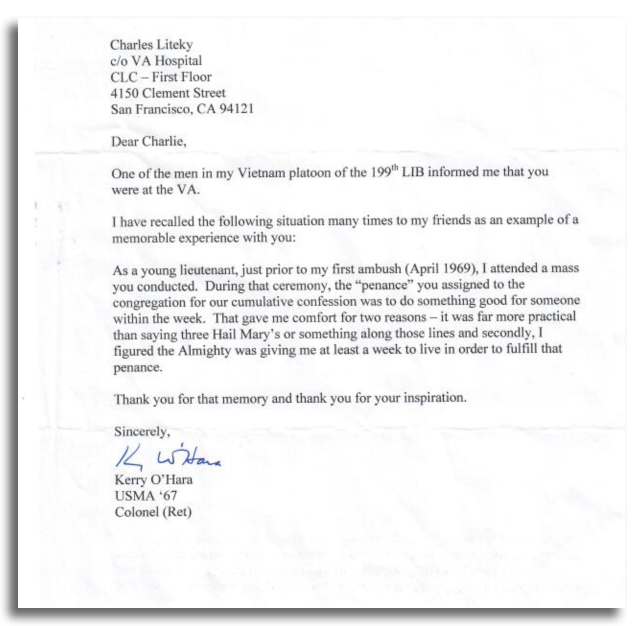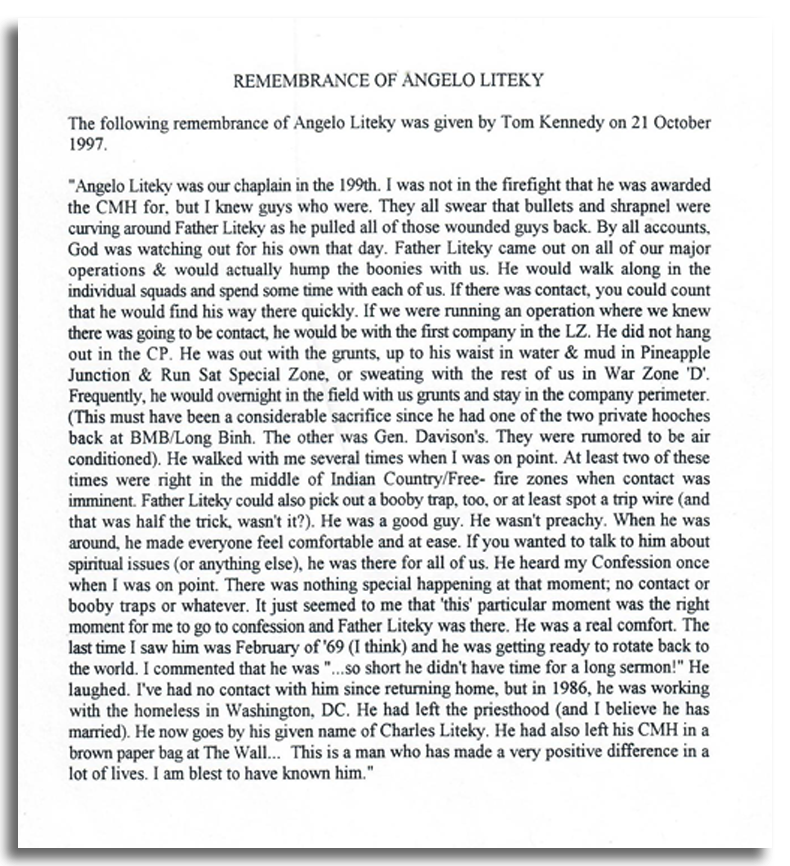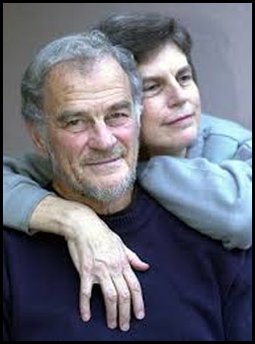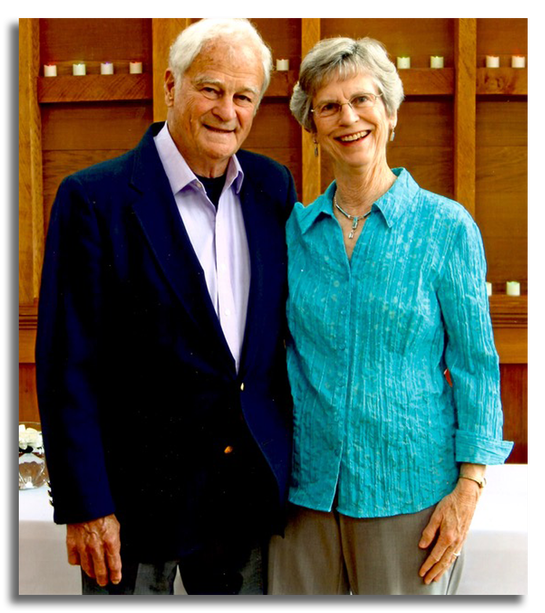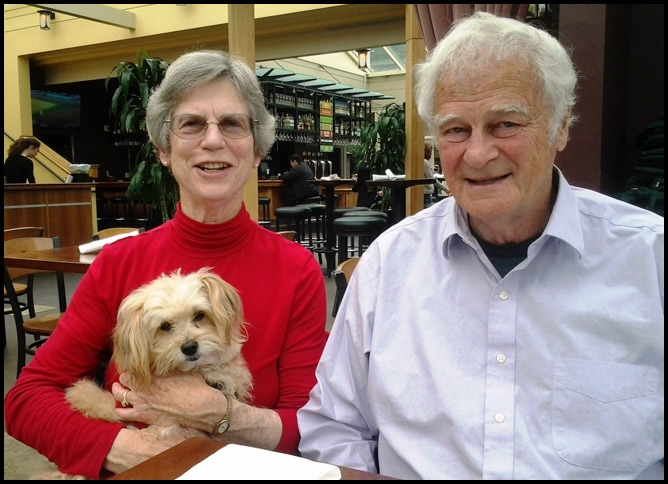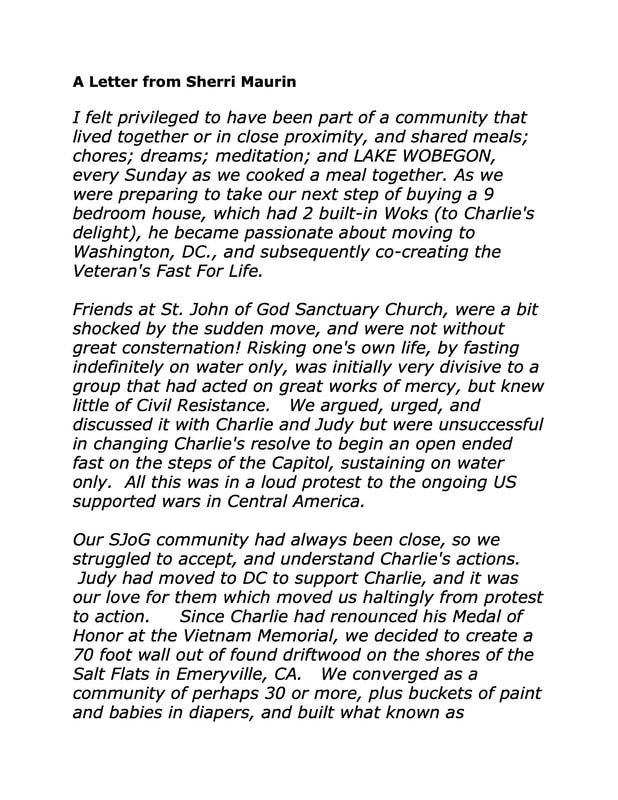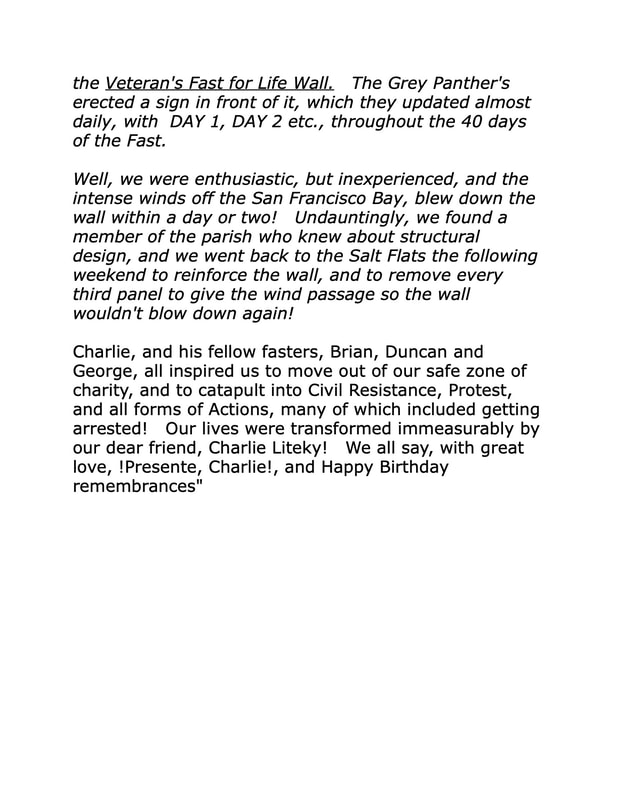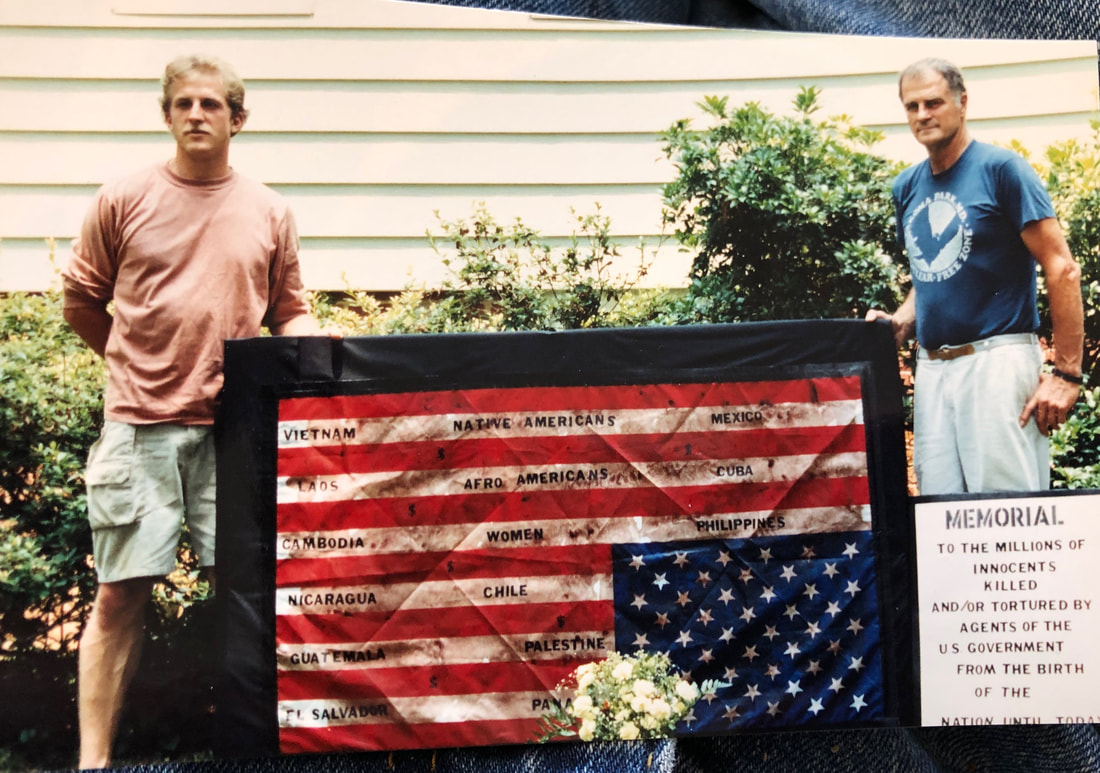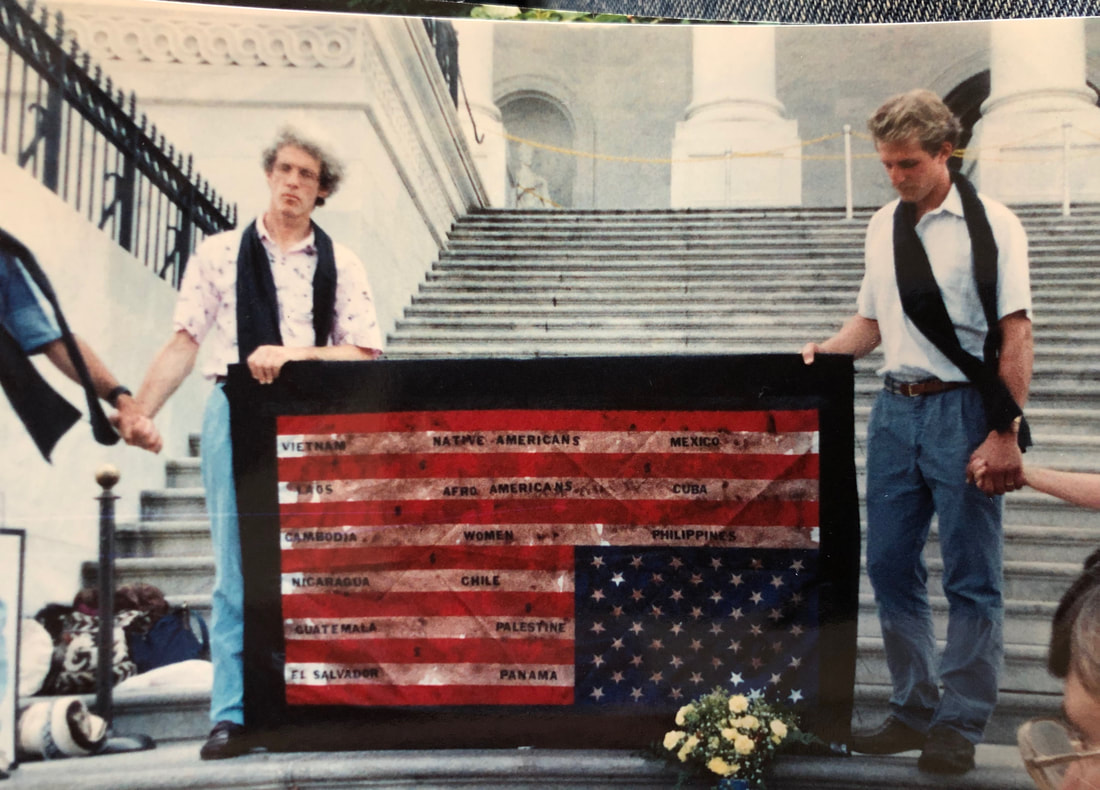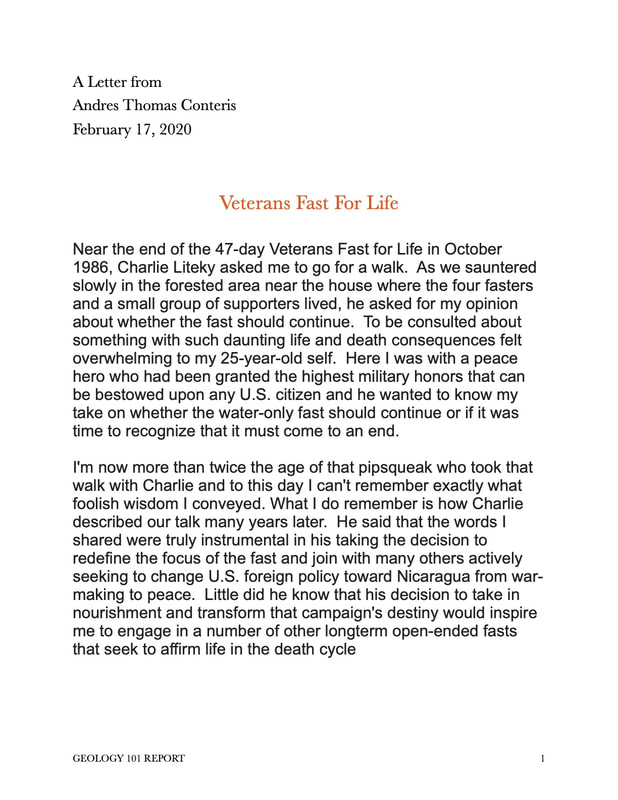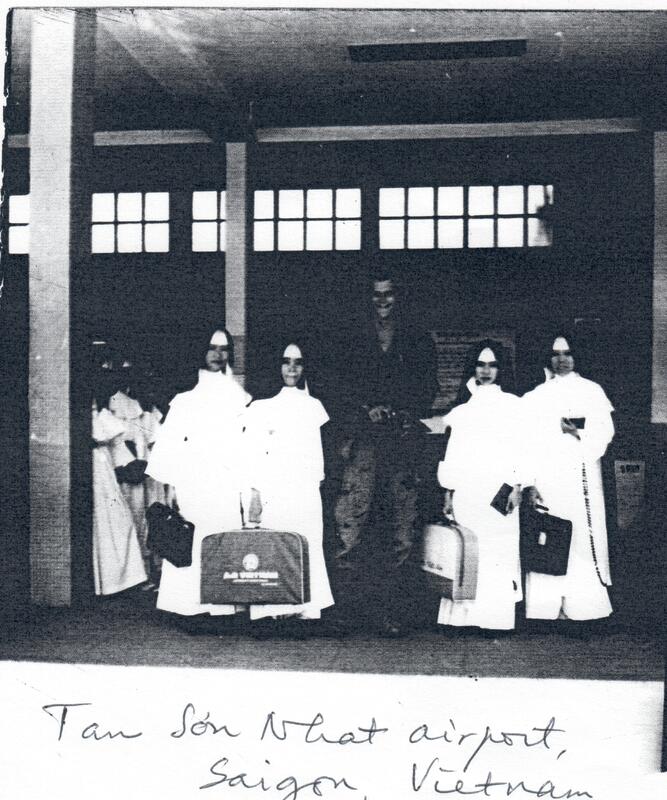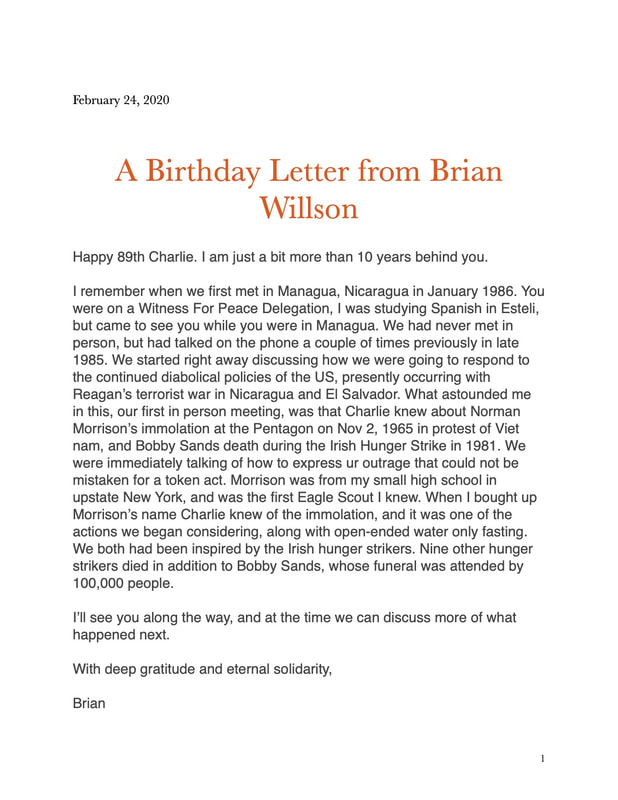|
From the San Francisco Chronicle:
SAN FRANCISCO (AP) — Charlie Liteky, a former Army chaplain who received a Medal of Honor for carrying more than 20 wounded soldiers to safety in Vietnam but later renounced the award as a bold protest against U.S. foreign policy, died Friday. He was 85. A resident of San Francisco, Mr. Liteky had been a relentless champion for peace for decades, winning respect not only in antiwar circles during the Cold War and ensuing American conflicts in the Middle East but also from onetime colleagues and admirers in the military. At a protest outside a training base in Fort Benning, Ga., where Mr. Liteky twice was sent to prison for his pacifist acts, Army paratroopers and Navy commandos were said to come outside the gates on occasion to meet Mr. Liteky and thank him for his service. “He was a person who took his beliefs and his values very seriously,” said longtime friend David Hartsough of San Francisco. “If you love your neighbor and your neighbor is getting beat up, he did something about it. He believed that people in Central America and people in Vietnam and people all over the world were his friends and family." Click here to read the full obituary in the San Francisco Chronicle. From The Washington Post:
Charlie Liteky, an Army chaplain in Vietnam who was awarded the Medal of Honor for his efforts to save the lives of others and then gave it back decades later to protest Reagan administration policies in Central America, died Jan. 20 in San Francisco. He was 85. David Hartsough, a friend and fellow peace activist, said Mr. Liteky was in hospice at a Veterans Affairs hospital in San Francisco. He had suffered a stroke in December. Established by Congress during the Civil War, the Medal of Honor is the nation’s highest award for valor in combat. According to the Congressional Medal of Honor Society, 3,498 individuals have received the award; Mr. Liteky, according to operations director Victoria Kueck, is likely the only person to return the award. Mr. Liteky (pronounced LIT-key) served two tours of duty in Vietnam, during which he dodged enemy gunfire to pull more than 20 wounded soldiers safely out of battle. By the time he returned to the United States, he was a national hero with the aura of what one reporter described as a ruggedly handsome “movie war hero.” Yet about two decades after President Lyndon B. Johnson placed the Medal of Honor around Mr. Liteky’s neck—telling him, according to one account, “I’d rather have one of these babies than be president”—Mr. Liteky transformed himself from a reticent Army veteran into an outspoken peace activist. Click here to read the full obituary from The Washington Post. From The New York Times:
Charlie Liteky, a former Army chaplain who received the Medal of Honor for bravery in Vietnam, only to return the medal two decades later as a protest of American foreign policy in Central America, died on Friday in San Francisco. He was 85. His death was confirmed by a friend, Richard Olive, who said Mr. Liteky had suffered a stroke several weeks ago. Mr. Liteky, who was a Roman Catholic priest when he was given the award, is believed to be the only one of nearly 3,500 recipients of the medal since the Civil War to have returned it in a demonstration of political dissent, Victoria Kueck, the operations director of the Congressional Medal of Honor Society, said on Monday. He acted out of opposition to the Reagan administration’s support for Central American dictators accused of brutally suppressing leftist guerrillas. In 1986, Mr. Liteky (pronounced LIT-key) left the medal in an envelope addressed to President Ronald Reagan at the Vietnam Veterans Memorial in Washington. He also renounced the lifetime tax-free monthly pension—then about $600, now about $1,300—that went with it. Mr. Liteky, who later served two federal prison terms for civil disobedience as a war protester, said he was motivated in his political dissent by the commitment that had inspired his bravery on the battlefield in Vietnam. “The reason I do what I do now is basically the same,” he told The San Francisco Chronicle in 2000, as he faced a second prison sentence. “It’s to save lives.” Click here to read the full obituary in The New York Times. |
From The Florida Times-Union:
It's 1948, third down and long at Robert E. Lee High School on the Westside. Charlie Liteky, a darkly handsome, 6-foot-1, 160-pound senior, trots on the field. The other team knows what he's going to do: Throw the ball. Because that's the only thing he does. And he's going to do it again.
It's 1967, an ambush in a Vietnam rice paddy, where machine gun fire and rockets sing their deadly song. Army chaplain Charlie Liteky gives last rites to the dead and dying, often walking upright amid the bullets. And more than 20 times, he carries the wounded from the battlefield to safety. There is so much blood, he'll smell it until the day he dies.
Click here to read the full obituary in The Florida Times-Union.
It's 1948, third down and long at Robert E. Lee High School on the Westside. Charlie Liteky, a darkly handsome, 6-foot-1, 160-pound senior, trots on the field. The other team knows what he's going to do: Throw the ball. Because that's the only thing he does. And he's going to do it again.
It's 1967, an ambush in a Vietnam rice paddy, where machine gun fire and rockets sing their deadly song. Army chaplain Charlie Liteky gives last rites to the dead and dying, often walking upright amid the bullets. And more than 20 times, he carries the wounded from the battlefield to safety. There is so much blood, he'll smell it until the day he dies.
Click here to read the full obituary in The Florida Times-Union.
